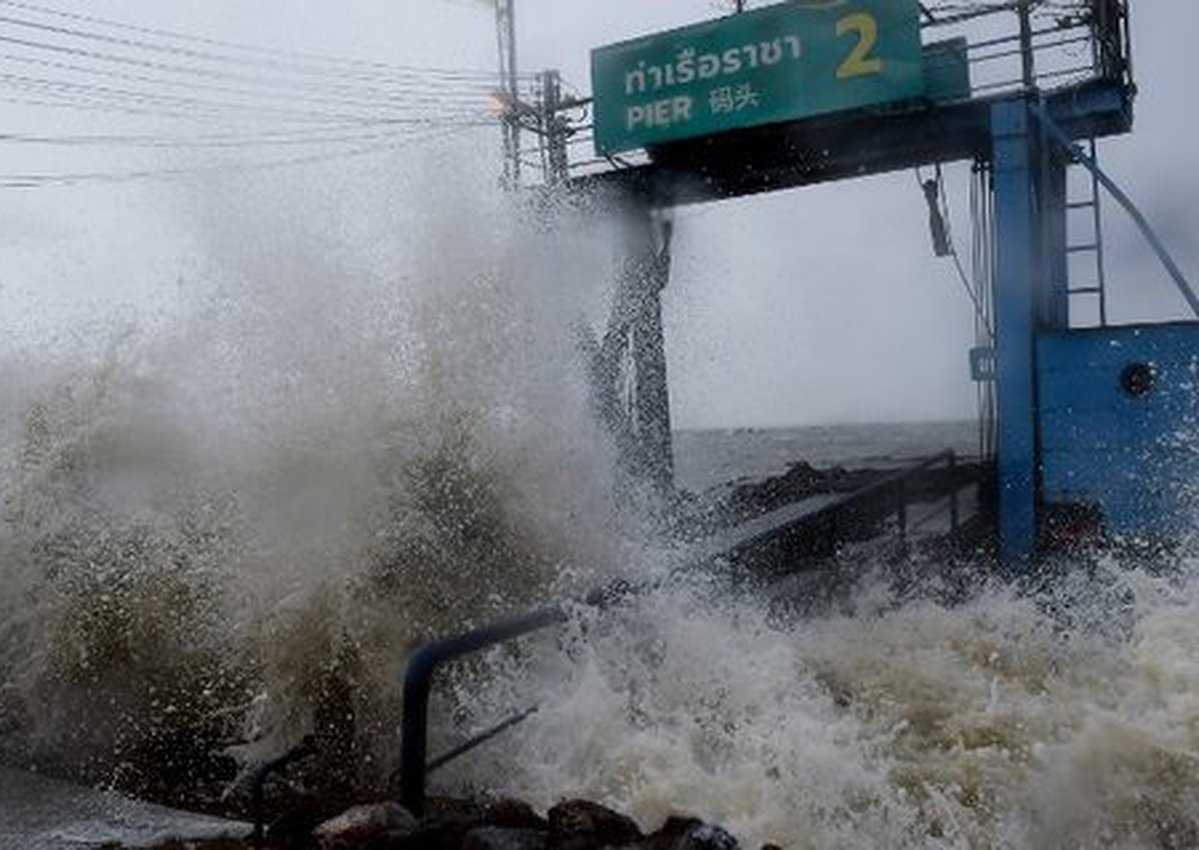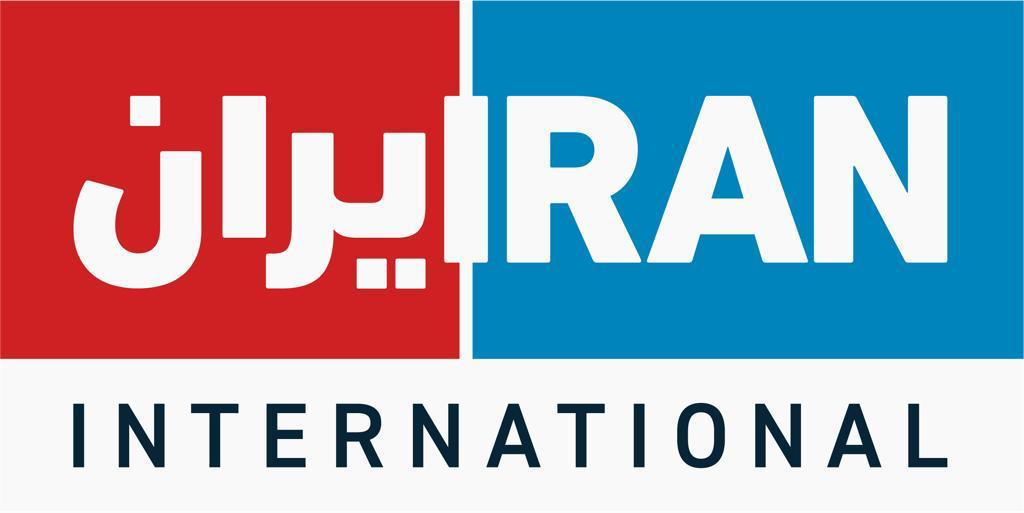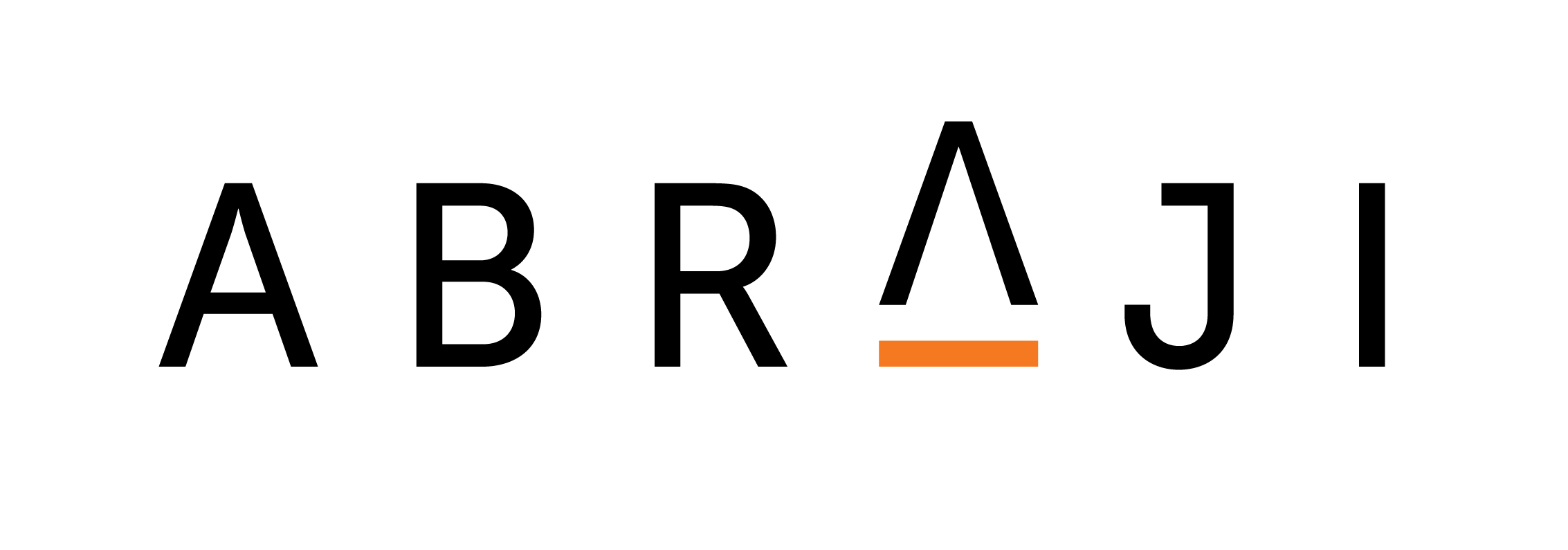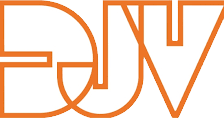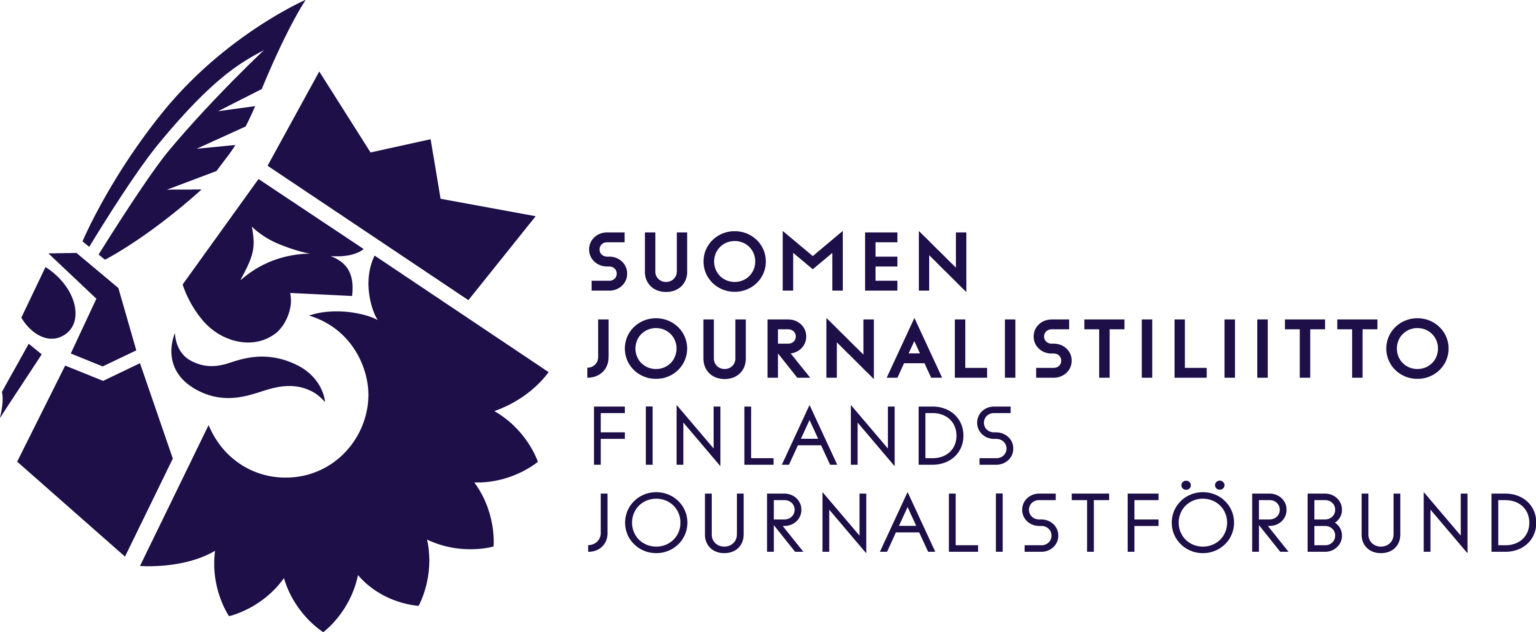General advice
Do not get in the way of rescue and relief workers.
Be self-sufficient and do not be a burden on an already strained system.
Follow the warnings of authorities and disaster experts.
Do not cross police lines.
Make sure the news desk knows where you are and your plans. If you move locations let them know. Ensure you have given them the contacts of others on the ground with you and that you also have a 24 hour contact for someone from your news organisation.
Always keep to hand a grab bag (see below).
Health and hygiene
Make sure you have the correct vaccinations and ensure you are aware of any outbreaks of disease due to the disaster.
Diseases associated with hygiene are common and include cholera.
Make sure you know what they are and how they are transmitted.
Ensure you maintain your personal hygiene so you don't get sick.
Be aware you may also be responsible for disposing of your own waste and rubbish.
Take something to wash yourself such as wet wipes and hand gel.
Women may find it more hygienic to take sanitary towels rather than tampons. Ensure you know the location of the nearest approved hospital or medical facility.
Clothing and protective equipment
Take luggage you can carry (ie rucksack) with a waterproof cover as you may not be able to wheel it.
Protect your eyes with goggles if smoke is present. Wear glasses, not contact lenses.
Do not rely on paper masks for protection. They trap large particles such as sawdust but will not protect your lungs from smoke, for example.
An N95 gas mask, properly worn, will offer a great deal more protection.
Each member of the team should have a grab bag.
This should contain:
-
Torch (ideally wind-up)
-
First aid kit
-
Space blanket
-
Emergency food rations
-
Bottle of water
-
Water purification tablets
-
Disposable gloves
-
Penknife
-
Compass
-
Mosquito net if needed
-
Any required medicine
-
Waterproof clothing
-
A shawl/sarong which can serve many useful purposes
-
Photocopies of your documents (passport, visa, health/vaccination papers, insurance, press pass) in a waterproof bag
-
Spare charged phone. Bear in mind that the usual forms of communication may be down and you may need a satellite phone
Food and drink
Be self-sufficient.
Have enough food and water to look after your crew, including drinking water.
Do not assume you can buy food and water from shops.
Use energy bars, dried food and freeze dried food if you have cooking equipment.
Vehicles
A 4x4 vehicle is better if there is a danger of flooding or you have to enter the region overland.
Avoid driving through running water.
Ensure you have checked your vehicle in advance of departure, and it is fitted with a working spare tyre and the necessary tools to change it.
Make sure the car has jump leads and you know how to use them.
Double check that tyres, wipers and lights are in good working order, and that the vehicle is fitted with a first aid kit, fire extinguisher, cones and flares.
Ensure your vehicle remains close by with the ignition off and lights on so you can make a quick getaway if necessary.
General hazards
Do not take risks. Heavy wind and torrential rain might make for a decent shot, but they can be dangerous.
Refrain from smoking (there may be fractured gas lines).
Do not set up any live shots under or near trees due to the risk of falling trees and branches and of being struck by lightning.
Do not use cables in or on the edge of still or running water.
Do not approach or work in any area where cables have come down.
Do not work in any area where you see power lines sparking.
Be aware of fast-flowing water and invisible current as well as what might be under the water that could cause harm or injury (for example snakes).
Consider separate and specific advice for staying safe in earthquakes. hurricanes, fires, floods and landslides.
Image by AFP


